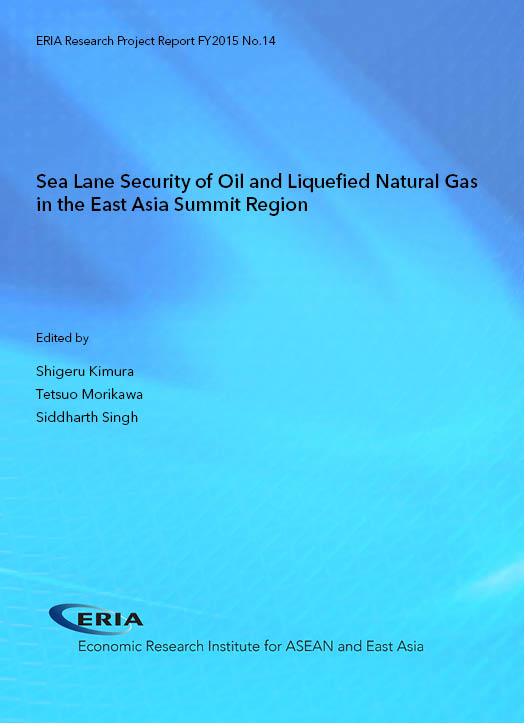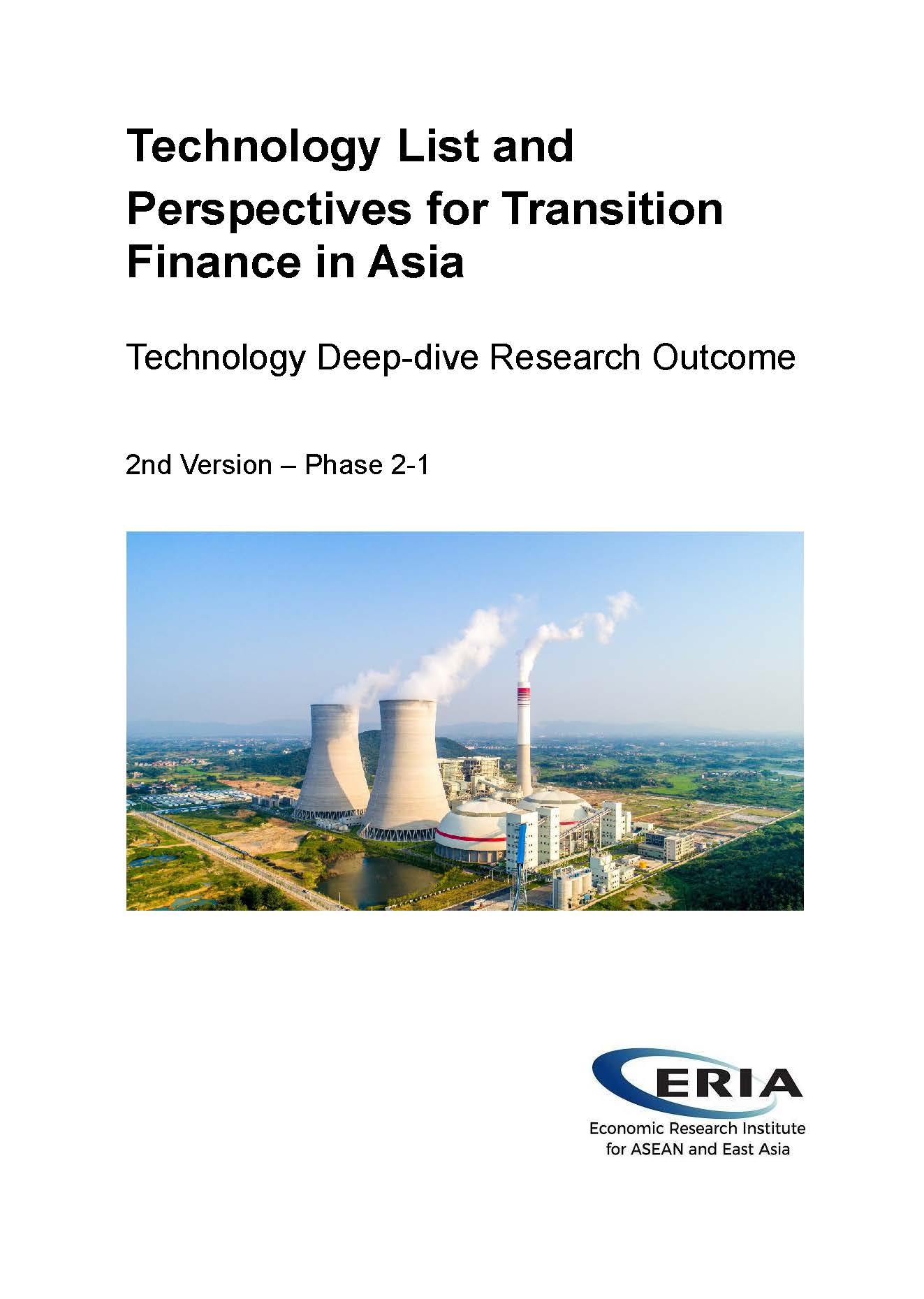Sea Lane Security of Oil and Liquefied Natural Gas in the East Asia Summit Region

Date:
15 November 2016Category:
ASEAN, Energy, Regulation and GovernanceType:
Research Project ReportsTags:
Regulation and Governance, EnergyPrint Article:
With robust demand - yet modest supply growth - of energy in the region, the East Asia Summit (EAS) area is expected to rely more on imported oil and natural gas. However, without an international pipeline infrastructure, the region imports these products through sea transport. Sea lane security of oil and liquefied natural gas (LNG) is then vitally important to ensure energy supply in the region. This study firstly forecasts future oil and LNG import into the Asia-Pacific region in order to assess the congestion in the Hormuz and Malacca/Singapore straits. Secondly, the study identifies various risks to sea lane security in terms of key background elements (congestion, geography, geopolitics, climate change, poverty, and law and order) and trigger events (piracy, terrorism, regional conflicts, accidents, and extreme weather events). Trigger events in turn impact the energy security of the region in the form of supply disruptions, price volatility of traded goods, financial risks to the industry including increased insurance premium, and physical risks to human life. Finally, the study introduces countermeasures adopted by countries, such as Indonesia and Thailand, to mitigate various risks.
Full Report
Contents
Chapter 1. Oil and LNG Imports and Trade Flow Outlook
Chapter 2. Risk Analysis on Sea Lane Security of Oil and LNG
Chapter 3. Risk Mitigation Measures and Strategies




